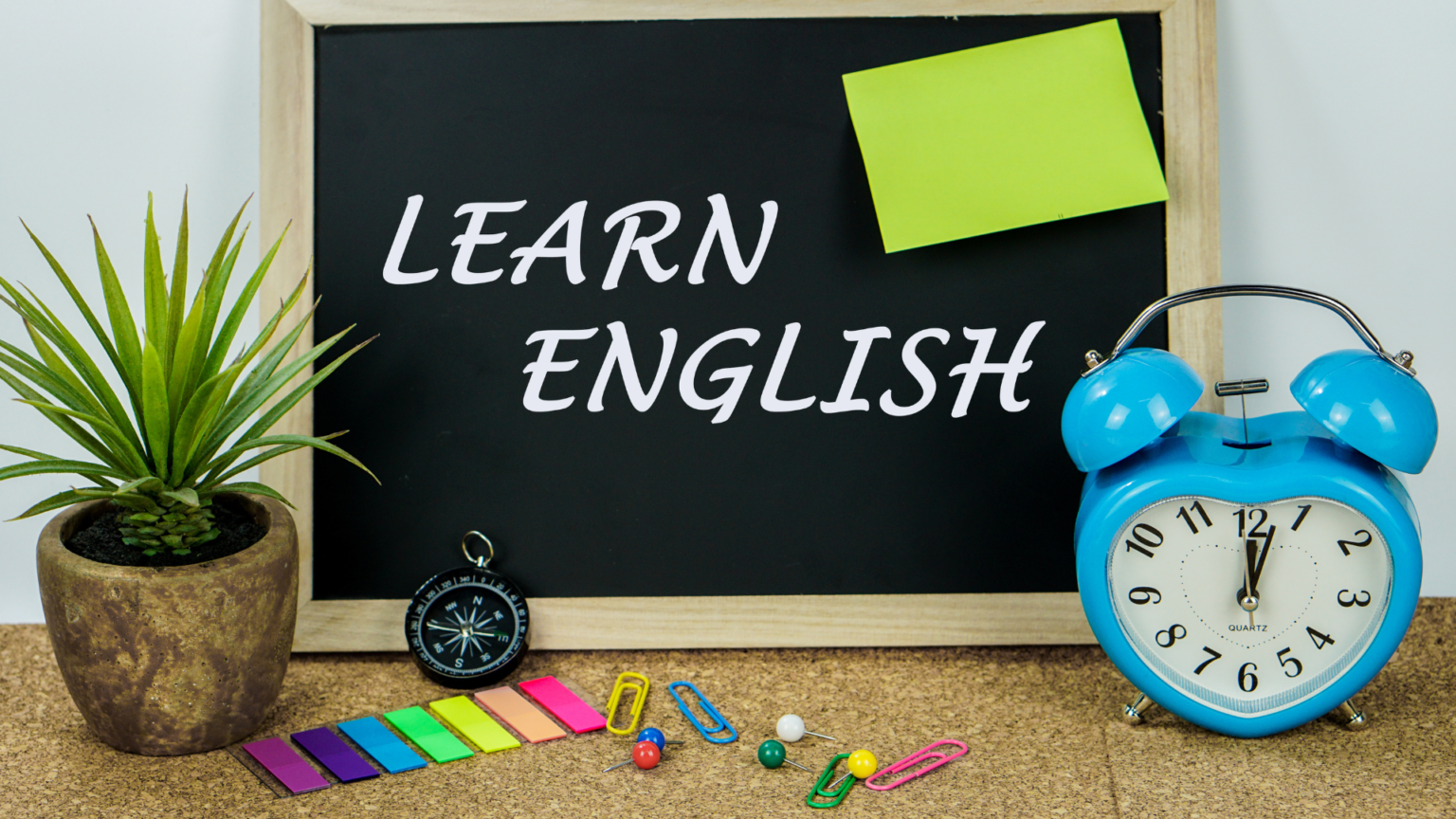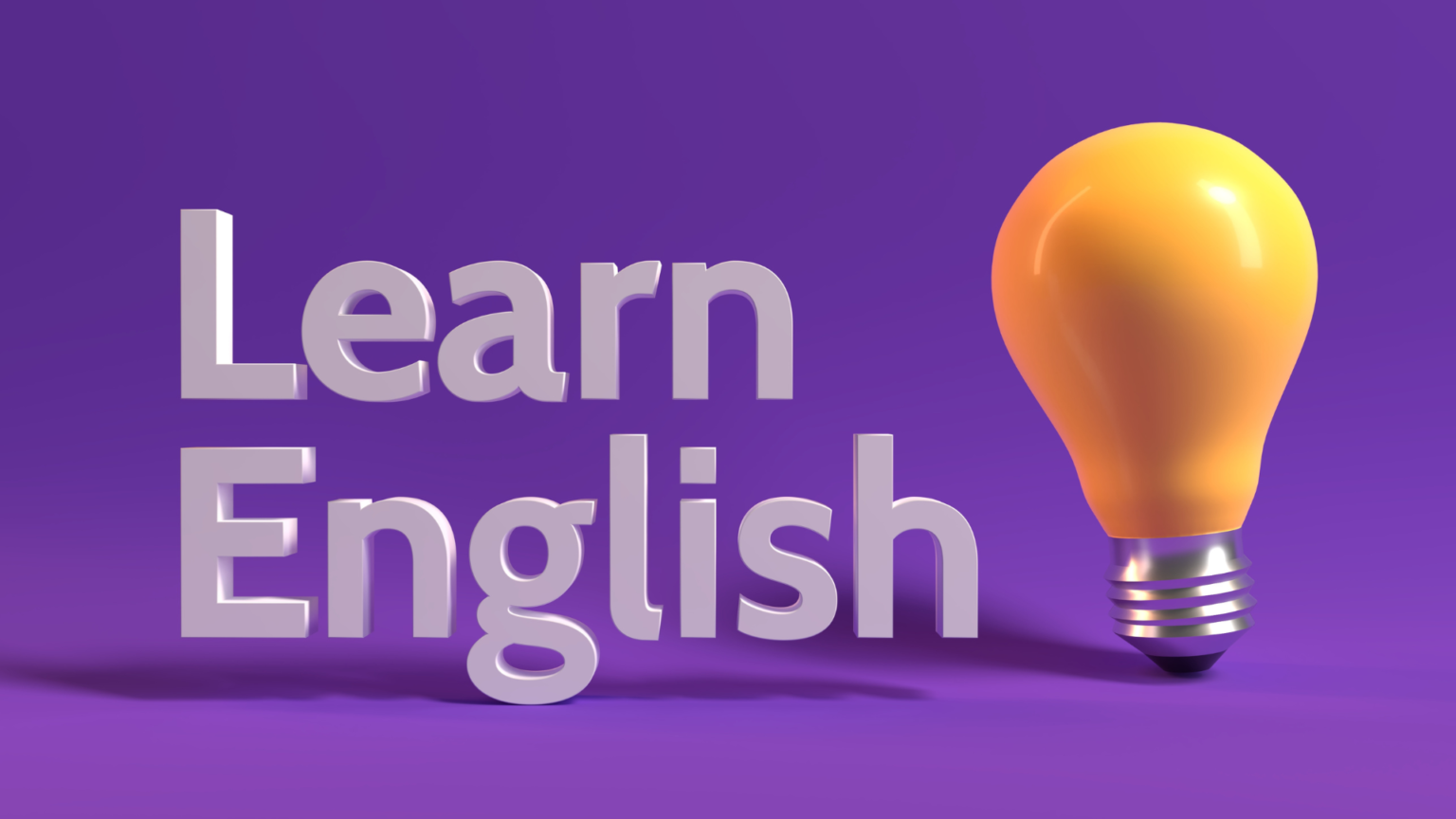English Comprehension For SSC CGL
Exam 2023
[elementor-template id=”1426″]https://www.youtube.com/watch?v=kG-dugTiU6w
Introduction The SSC CGL
(Staff Selection Commission Combined Graduate Level) exam is a highly competitive exam for graduates seeking employment in government organizations. The English comprehension section of the exam is designed to test a candidate’s ability to read, understand and analyze passages in English. In this article, we will discuss the importance of English comprehension skills for the SSC CGL exam, explore the different types of comprehension passages that may be encountered on the exam, and provide tips for improving English comprehension skills.
Importance of English Comprehension Skills for SSC CGL
The English comprehension section is an important part of the SSC CGL exam, as it assesses a candidate’s ability to understand and analyze written English. This is a crucial skill for government jobs, as many positions require employees to read and understand complex documents, such as legal or technical reports.
Additionally, the English comprehension section is a key factor in determining a candidate’s overall score on the exam. Candidates who perform well on this section are more likely to pass the exam and be considered for employment in government organizations.
Types of Comprehension Passages
There are several types of comprehension passages that may be encountered on the SSC CGL exam. Understanding the different types of passages and how to approach them can help candidates prepare more effectively. Here are some of the main types of comprehension passages
Narrative Comprehension Passages (300 words)
Narrative passages are stories that are meant to entertain or engage the reader. They are typically structured around a plot, with characters, settings, and a conflict or problem to be resolved. Narrative passages may also include dialogue and descriptive language to help create a vivid picture in the reader’s mind.
To effectively read and analyze a narrative passage, it is important to focus on the main elements of the story, such as the characters, setting, and plot. It is also helpful to pay attention to the author’s use of language, such as metaphors or symbolism, which can provide additional meaning to the story.
Descriptive Comprehension Passages (300 words)
Descriptive passages are meant to describe a person, place, or thing in detail. They often use sensory details, such as sight, sound, and smell, to create a vivid picture in the reader’s mind. Descriptive passages may also use figurative language, such as similes or metaphors, to create a more complex image.
To effectively read and analyze a descriptive passage, it is important to pay attention to the sensory details and figurative language used by the author. It is also helpful to identify the main idea or purpose of the passage, and the author’s tone or attitude towards the subject.
Argumentative Comprehension Passages (300 words)
Argumentative passages present a point of view or argument on a specific topic. These passages may provide evidence or examples to support the argument, or they may present counterarguments to refute opposing viewpoints. The goal of an argumentative passage is to persuade the reader to adopt a specific point of view.
To effectively read and analyze an argumentative passage, it is important to identify the author’s thesis statement or main argument. It is also helpful to evaluate the evidence presented and the author’s use of rhetorical strategies, such as appeals to emotion or logic.
Tips for Improving English Comprehension
Skills Improving English comprehension skills requires practice and dedication. Here are some tips to help candidates prepare for the English comprehension section of the SSC CGL exam:
Read regularly (300 words)
One of the best ways to improve comprehension skills is to read regularly. Candidates should aim to read a variety of texts, including fiction and non-fiction, to develop their understanding of different writing styles and genres. Reading also helps to expand vocabulary and improve grammar skills.

Practice identifying
Tips for improving English comprehension skills Understanding the techniques for English comprehension is vital for success in SSC CGL and other competitive exams. Here are some tips that can help you improve your English comprehension skills:
Enhance your vocabulary
A robust vocabulary is essential for comprehending English texts effectively. It is crucial to know as many words as possible to understand the context of the passage. To improve your vocabulary, read a lot of books, newspapers, and other written material. Keep a notebook of new words and try to use them in sentences to reinforce your learning.
Practice active reading
Active reading involves engaging with the text while reading. It helps you retain information better and comprehend the text effectively. Some strategies for active reading include highlighting important points, making notes, and asking questions while reading.
Learn to scan and skim
Scanning and skimming are important techniques that help you locate specific information quickly. Scanning involves looking for specific keywords, whereas skimming involves quickly reading through the passage to get a general idea of the content. Practicing these techniques can help you save time while answering comprehension questions.
Improve your grammar
Good grammar is essential for understanding the meaning of a sentence. If you struggle with grammar, it is advisable to take a course or seek help from a tutor. Learning basic grammar rules can help you understand the text better and answer comprehension questions correctly.
Practice regularly
Consistency is key when it comes to improving English comprehension skills. Practice regularly by reading and answering comprehension questions. Take mock tests and analyze your mistakes to identify areas that need improvement. With regular practice, you can enhance your comprehension skills and increase your chances of success in SSC CGL and other competitive exams.
Sample English Comprehension Questions for SSC CGL
English idioms can be categorized into different types based on their usage and structure. Some of the common types of idioms that candidates should kn
Here are some sample comprehension questions that may appear in the SSC CGL exam:
- What is the main idea of the passage?
- According to the passage, what is the author’s opinion on…?
- What is the meaning of the word “____” as used in the passage?
- What is the purpose of the passage?
- Can you please provide me with the passage or topic that you want me to create a new question for?
- Based on the information in the passage, how would you describe the connection between…?
- Which of the following is an example of…?
- What can be inferred from the passage about…?
- What evidence in the passage supports…?
Which of the following best summarizes the passage?
- It is important to understand the question types and practice answering them. This can help you identify areas of weakness and improve your comprehension skills.
- Tips for answering English comprehension questions
- Here are some tips for answering English comprehension questions:
- Read the questions first Before reading the passage, read the questions first. This can help you focus on the relevant information and save time.
- Read the passage carefully Read the passage carefully and try to understand the context. Take notes if necessary and underline or highlight important points.
- Eliminate wrong answers Eliminate the wrong answers to narrow down your options. By utilizing this approach, you may improve your likelihood of selecting the accurate response.Pay attention to the language used in the questions Pay attention to the language used in the questions. Sometimes the questions may use negative words like “not” or “except”, which can change the meaning of the answer.
- Check your answers Check your answers before submitting your paper. Make sure you have answered all the questions and have not made any careless errors.
ow for SSC CGL are:
Animal idioms – idioms that use animals to describe a situation or a person’s behavior, such as “when the cat’s away, the mice will play.”
Body part idioms – idioms that use body parts to convey a meaning, such as “to get cold feet.”
Color idioms – idioms that use colors to describe a situation or a person’s mood, such as “to feel blue.”
Food idioms – idioms that use food-related expressions to convey a meaning, such as “to spill the beans.”

Conclusion
English comprehension is a crucial skill required for success in SSC CGL and other competitive exams. It is important to practice regularly and follow the tips mentioned above to improve your comprehension skills. By understanding the question types and techniques for answering them, you can increase your chances of success in the exam. Remember to stay focused and keep a positive attitude.

English Comprehension For SSC CGL,
ssc cgl english reading comprehension,
ssc english comprehension,
english comprehension syllabus for ssc cgl,
ssc cgl english comprehension error spotting
English Comprehension For SSC CGL,
ssc cgl english reading comprehension,
ssc english comprehension,
english comprehension syllabus for ssc cgl,
ssc cgl english comprehension error spotting
Facebook
WhatsApp
Twitter
LinkedIn
Pinterest
English Comprehension For SSC CGL,ssc cgl english reading comprehension,ssc english comprehension,
english comprehensionsyllabus for ssc cgl,ssc cgl english comprehension error spotting
English Comprehension For SSC CGL,ssc cgl english reading comprehension,ssc english comprehension,
english comprehensionsyllabus for ssc cgl,ssc cgl english comprehension error spotting
[elementor-template id=”1417″][elementor-template id=”1426″]

1. Why is English Vocabulary Important for SSC MTS Exam?
Suman Sharma
Teacher
